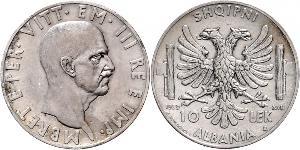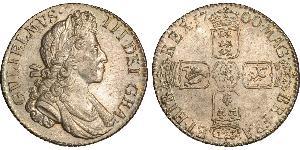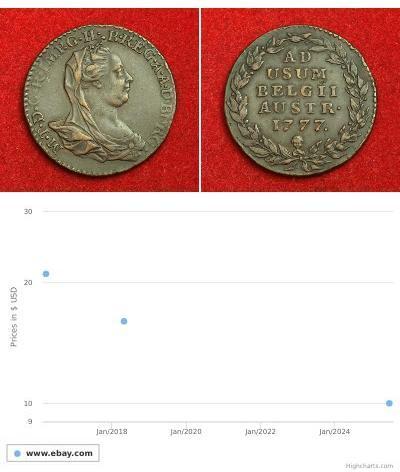[ 4496] L. POMPONIUS MOLO Silver Denarius (18.5mm, 3.84gm.) Rome, c.97 B.C. References: RRC 334/1. CRR 607. RSC Pomponia 6. L POMPON MOLO, laureate head of Apollo right. Numa Pompilius, holding lituus, standing right before altar to right of which is victomarius left, leading goat, NVMA POMPIL (MA and MP in monogram) in ex. Provided with certificate of authenticity. CERTIFIED AUTHENTIC by Sergey Nechayev, PhD - Numismatic Expert Numa Pompilius (753–673 BC; reigned 715–673 BC) was the legendary second king of Rome, succeeding Romulus. He was of Sabine origin, and many of Rome's most important religious and political institutions are attributed to him. According to Plutarch, Numa was the youngest of Pomponius'[1] four sons, born on the day of Rome's founding (traditionally, 21 April 753 BC). He lived a severe life of discipline and banished all luxury from his home. Titus Tatius, king of theSabines and a colleague of Romulus, gave in marriage his only daughter, Tatia, to Numa. After 13 years of marriage, Tatia died, precipitating Numa's retirement to the countryside. According to Livy, Numa resided at Cures immediately before being elected king. Livy and Plutarch refer to and discredit the story that Numa was instructed in philosophy by Pythagoras, as chronologically implausible. Plutarch reports that some authors credited him with only a single daughter, Pompilia. Pompilia's mother is variously identified as Numa's first wife Tatia or his second wife Lucretia. She is said to have married the future first pontifex maximusNuma Marcius, and by him gave birth to the future king Ancus Marcius. Other authors gave Numa in addition five sons, Pompo (or Pomponius), Pinus, Calpus, Mamercus and Numa, from whom the noble families (gentes) of the Pomponii, Pinarii, Calpurnii, Aemilii, and Pompilii respectively traced their descent. Other writers believed these were fictional genealogies to enhance the status of these families.[citation needed] Kingship After the death of Romulus, there was an interregnum of one year in which the royal power was exercised by members of the Senate in rotation for five days in a row. In 715 BC, after much bickering between the factions of Romulus (the Romans) and Tatius (the Sabines), a compromise was reached, and the Sabine Numa was elected by the senate as the next king. According to Plutarch, Numa was a cunning and calculating person. At first he refused the offer. His father and Sabine kinsmen, including his teacher and the father of Numa's son-in law, Marcus, along with an embassy of two senators from Rome, banded together to persuade him to accept. In the account of Plutarch and Livy, Numa, after being summoned by the Senate from Cures, was offered the tokens of power amid an enthusiastic reception by the people of Rome. He requested, however, that an augur should divine the opinion of the gods on the prospect of his kingship before he accepted. Jupiter was consulted and the omens were favourable. Thus approved by the Roman and Sabine people as well as the heavens, he took up his position as King of Rome. According to Plutarch, Numa's first act was to disband the personal guard of 300 so-called "Celeres" (the "Swift") with which Romulus permanently surrounded himself. The gesture is variously interpreted as self-protection in the face of their questionable loyalty, a sign of humility, or a signal of peace and moderation. Based on Roman chronology, Numa died of old age in 673 BC. He was succeeded by Tullus Hostilius. Agent of the gods Numa was traditionally celebrated by the Romans for his wisdom and piety. In addition to the endorsement by Jupiter, he is supposed to have had a direct and personal relationship with a number of deities, most famously the nymph Egeria, who according to legend taught him to be a wise legislator. According to Livy, Numa claimed that he held nightly consultations with Egeria on the proper manner of instituting sacred rites for the city. ...
читати далі

|
Добавив:
anonymous 2015-08-18 |
Similar Coin Groups
2025-05-25
- Історичні ціни на монету
2025-05-29
- Історичні ціни на монету
Можливо, Вас зацікавить...





















